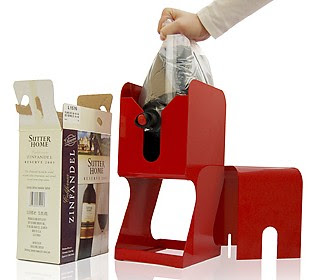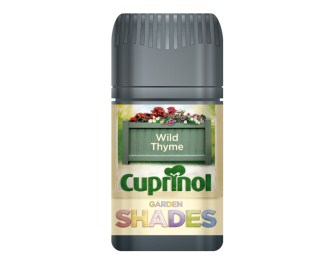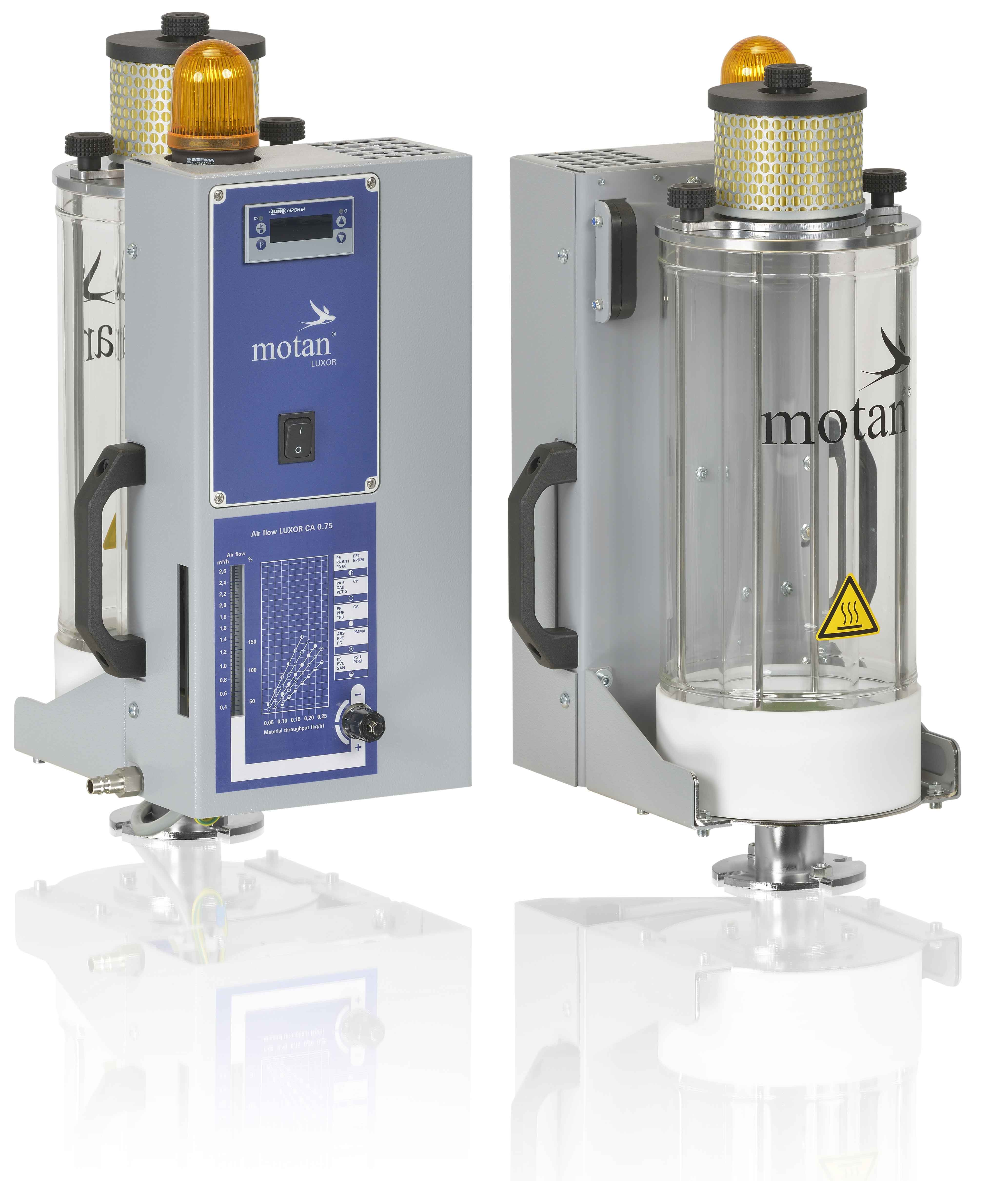Seventy-seven Harvard student volunteers experienced a nearly 70% increase in urinary levels of bisphenol A (BPA), a plastics component and synthetic estrogen linked to cancer, reproductive system damage and other serious conditions, after drinking cold beverages from BPA-laden polycarbonate bottles for just one week, according to researchers from Harvard University and the US Centers for Disease Control and Prevention (CDC) of USA.
The Harvard/CDC study, led by Karin B. Michels, a Harvard professor of epidemiology, and published May 12 in the online version of the journal Environmental Health Perspectives poses serious implications for the impact of BPA exposure on infants fed with polycarbonate bottles.
“These astonishing results should be a clarion call to lawmakers and public health officials that babies are being exposed to BPA, and at levels that could likely have an impact on their development,” said Renee Sharp, Director of Environmental Working Group’s (EWG) California office. “The adults in this study were willing participants who understood the risk of exposure, but babies are unwitting victims of the silent but serious threat this hormone- disrupting chemical poses to their health.”
The Harvard/CDC study buttresses a March 2007 study by EWG that documented that BPA-based epoxy can linings had contaminated more than half the canned foods, beverages and canned liquid infant formula randomly purchased at supermarkets around the country. Since many of the foods tested, such as liquid infant formula, canned soup and SpagettiOs, are marketed for babies and toddlers, babies drinking from BPA-plastic bottles and sippy cups and eating canned food could receive significant doses of the chemical, shown in laboratory studies to cause serious damage to brain and reproductive systems of test animals. As well, the chemical has been associated with cardiovascular damage, diabetes, obesity and other chronic conditions.
In the absence of any US regulation on BPA contamination of food, EWG has published an online guide to baby-safe bottles and formula.
The Harvard/CDC study comes on the heels of Minnesota’s statewide prohibition of BPA in baby bottles, sippy cups and other food containers for children 3 and under. Suffolk County, New York, has also banned BPA in such items, lawmakers in California and Connecticut are considering similar proposals, and the City Council in Chicago just today voted to ban the sale of any baby bottle or sippy cup containing the chemical.
Several major retailers, including Wal-Mart and Toys R’ Us, have announced they would stop selling baby bottles made with BPA. The water bottle manufacturer Nalgene and several of the nation’s largest baby bottle makers are phasing BPA out of their products. The petro-chemical giant Sunoco has promised that it would no longer allow any of the BPA it makes to be used in items designed for children 3 and under.
Source: plastics.2456.com







